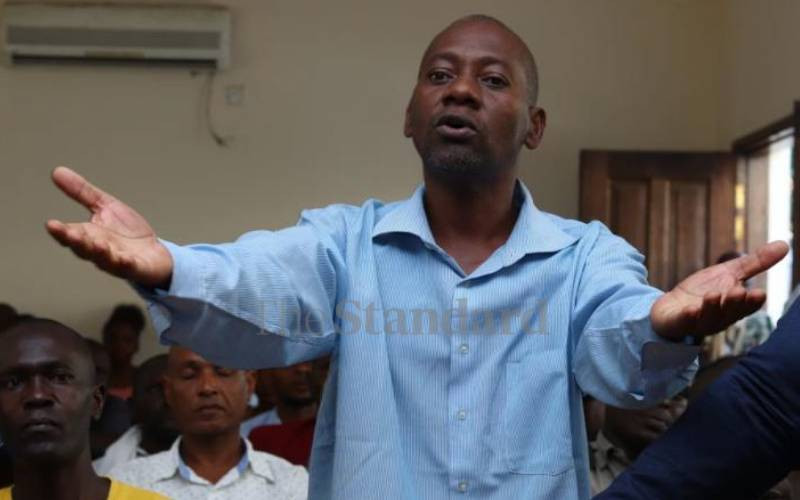×
The Standard e-Paper
Home To Bold Columnists

Controversial pastor Paul Makenzi was held in solitary confinement at Shimo La Tewa Prison, Mombasa, contradicting his right to freedom from torture and cruel human degrading treatment.
A report by the Kenya National Commission for Human Rights (KNCHR) filed at Shanzu Law Courts indicts prison officers for alleged ill-treatment of Makenzi and nine detainees linked to the Shakahola massacre.